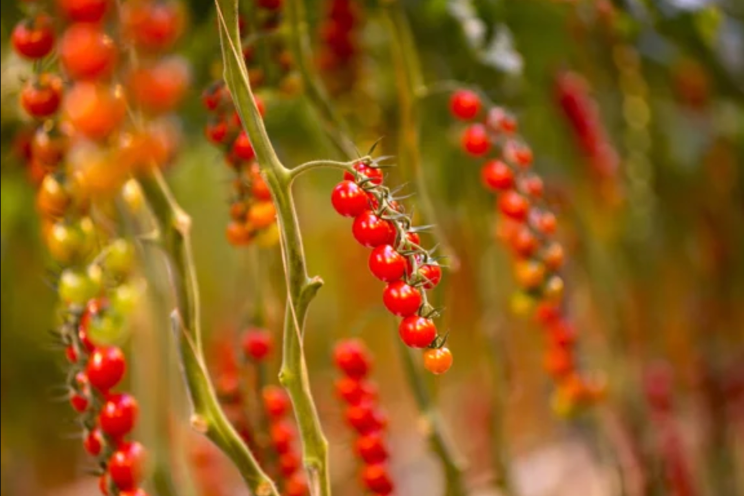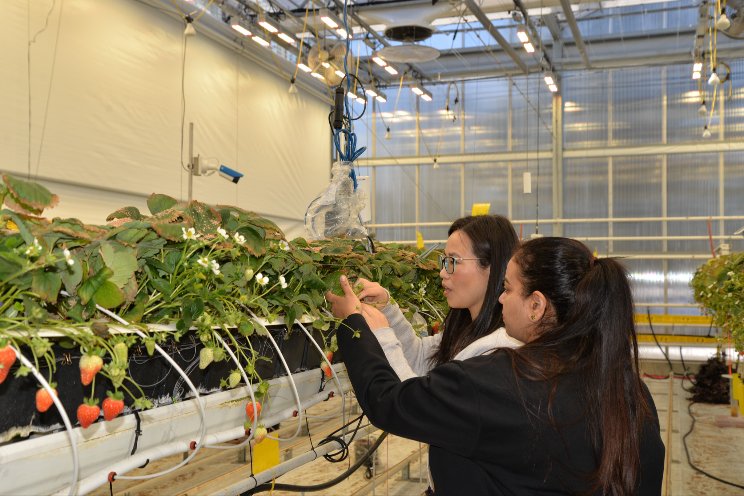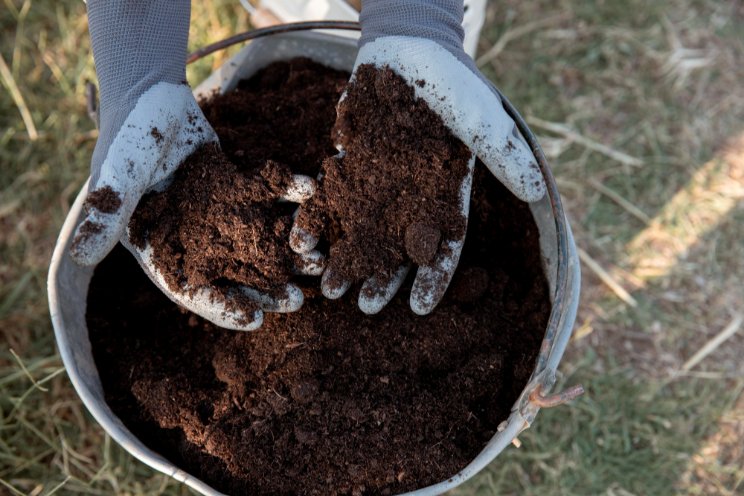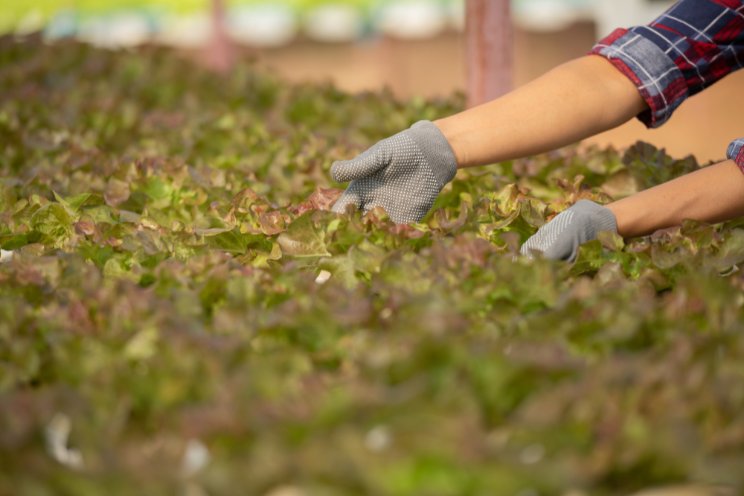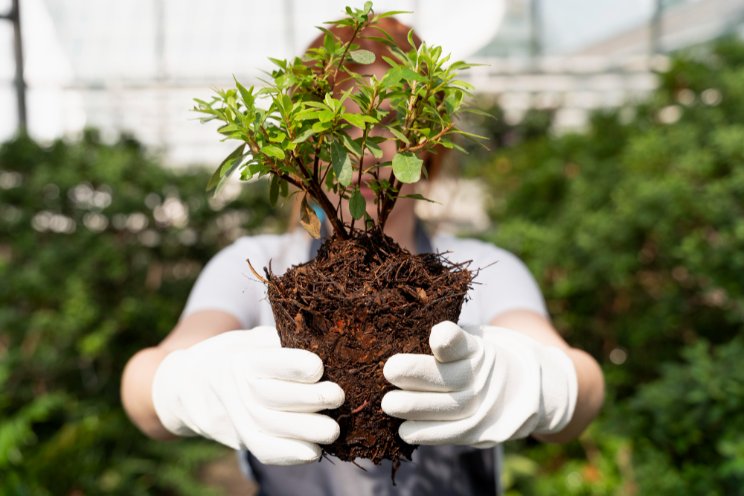Growing vertical container farm showcase
Added on 05 March 2020

CropKing, a full-service hydroponic company located in Lodi, OH, specializing in controlled-environment agriculture and hydroponic growing, will operate the Urban Crop Solutions' FarmPro vertical container farm as a showcase, continued research, and testing facility. The first FarmPro container arrives in March at the Lodi headquarters, where CropKing will start testing it with the help of in-house plant scientists.
"We are excited to be working with Urban Crop Solutions and for the opportunity to validate the effectiveness of automated container farming," said CropKing President Paul Brentlinger in a press release from Urban Crop Solutions. "Their personal and custom-made approach could fulfill the needs of many clients. The shipping container system offers advantages like climate control, irrigation system, and automated growing process, which has captured our interest for the past few years."
Urban Crop Solutions, a turn-key solutions provider that offers biological know-how in the indoor vertical farming industry, recently celebrated its 5th anniversary and already has 28 active projects across the world. In the last five years, it has developed more than 200 plant growing recipes, for a variety of industries, through its in-house research center.
Paulina Murrath, Business Development Manager of Urban Crop Solutions, will serve as a point of contact for the North American market at the company's offices in Miami, FL.
"It's a great honor to start a collaboration with CropKing and Paul Brentlinger, who is a controlled-environmental agriculture expert with extensive knowledge of growing high-quality food products," Murrath said in the press release. "CropKing shares the same values that we consider as important, like bringing higher yields, nutritional value, food security, local production, and consumption, to different industries. That's why we believe our collaboration will be rewarding."
The Vertical Farming Industry Needs Proven Technology
CropKing will put the FarmPro vertical container through a rigorous testing process, which includes assessing items such as plant pathology and system yield, as well as validating the true return on investment (ROI) of the unit, according to Brecht Stubbe, Global Sales Director at Urban Crop Solutions.
The FarmPro vertical container CropKing will receive is a fully automated and climate-controlled 40-foot freight container with a four-layer, state-of-the-art growing system for leafy greens and herbs. The insulated container includes features such as climate control and an irrigation system, continuous monitoring, custom-made LEDs, a handling area and technical room, as well as online crop and process management. Plants grow in a nutrient-film technique (NFT) hydroponic system.
"Technological failures and resulting bankruptcies have been a problem in the vertical farming industry," Stubbe says. "With CropKing's 30 years of experience in the greenhouse industry, we can prove that this technology and our growing recipes can provide the ROI to growers. We don't want this technology to fail for our clients."
Collaboration a Strong Match for Exploring New Markets, Including Floriculture
This collaboration is only phase one for CropKing and Urban Crop Solutions. Stubbe says the companies hope to work together on more projects to explore new markets and opportunities in the vertical farming sphere.
Urban Crop vertical farming technology is already being used for research into medical plants for compound extraction. On the floriculture side, Stubbe says Urban Crop Solutions is currently conducting some promising research in Belgium. The latest growth trials with strawberries for example, resulted in sweet fruits with a Brix value averaging between 11 and 16.
"They are growing azaleas at the trialing facility and now to a very high extent can control the temperature and bring crops just to the point of flowering, which helps increase their shelflife when they go to retail," Stubbe says. "This type of technology could allow flowers to be grown across the globe, instead of shipped internationally to supply those markets."
When asked about how the unit might be integrated into a controlled-environment greenhouse operation, Stubbe said he sees several applications and benefits, two being maximizing germination space with multilayer growing and eliminating risk factors involved with plant handling. For people growing in high tunnels or the field, the unit could help them diversify their operation into new crop segments. A grower could also use the unit to provide products locally on a year-round basis.
Source and Photo Courtesy of Greenhouse Grower
Source: Greenhouse Grower
More news
